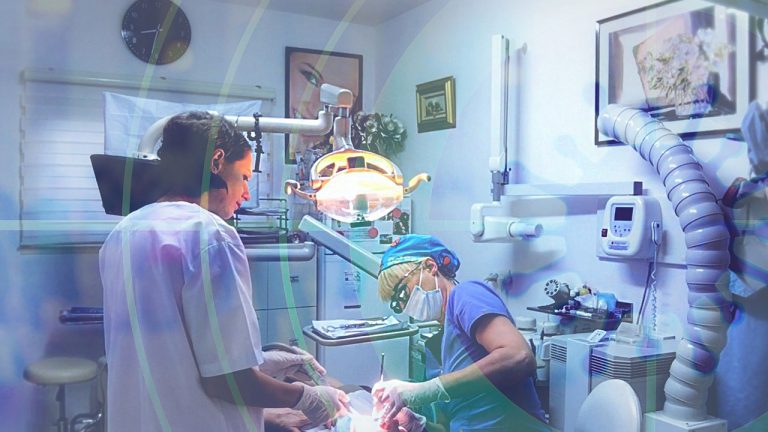

Are you in need of water conductivity units for your home or industrial work? Possibly, you’re scratching your head and saying, “What in world are water conductivity units and why do I need to spend any of my hard earned money on them?”
We’re glad you asked. The answer to that question goes back to one of the most basic properties of water: that it conducts electricity. If you’ve ever sat through a middle school science class, you know that water conducts electricity. However, that’s totally wrong. Yes, we mean it. It’s not the water itself that carries the electrical current, it’s the positive ions in the total dissolved solids (TDS) in the water that conducts electricity. In other words, the salts and minerals and other crud that the water caries (but that you cannot see, because they are dissolved in the water) is what actually conducts electricity. If you took a glass of totally pure water and put an electrical current in it, it would do zippity zap.
Now that you have that quick chemistry lesson, let’s get back to water conductivity units. As the name suggests, water conductivity units monitor the water for how conductive it is. The higher the water conductivity monitor, the more TDS the water has. Water conductivity testing is regarded as one of the most reliable water quality analysis methods available in both the residential and industrial sectors, because it provides constant analysis of the water quality, in real time.
Why is it worth the time and money to have constant water quality monitoring? We’re glad you asked! Here are a few reasons:
- You know what you’re drinking.
Many people who live off of the municipal water system use water conductivity testing to monitor the water that their well is producing, since well water doesn’t go through any testing methods when it is pulled from the ground water table. However, if you’ve ever heard of a little water scandal in Flint, Michigan, you know that even the water that goes through municipal water testing facilities can be unhealthy to drink. The implications of having TDS-rich water range from water that tastes funny to actually being extremely dangerous for your health.
The Environmental Protection Agency recommends your water having less than 500mgs of total dissolved solids per liter of water. Using a water conductivity test kit is one way to ensure that your water is always below that threshold. - Prevent the drawback that comes with hard water.
If you have a lot of TDS in your water, it means that it is hard. Hard water is rich in minerals, which is rough on your pipes, your health, and your home. Hard water causes calcium buildup in the pipes and valves. That causes clogs and inhibits accurate water pressure. On top of that, your hair and skin take a beating, as the hard water creates a film to settle on the surface of your skin, that causes clogged pores and premature aging. If you clean the surfaces of your house, or wash your glass dishes, and then find a chalky residue that makes everything look dingy, that’s hard water.
When you use a water conductivity monitoring unit, you know how hard your water is. The more conductive the water is, the more minerals it has. That means the harder the water is, which leads to all the aforementioned problems. Your water conductivity unit will tell you when it’s time to get a water softener, or when you need to replace the filter on your water softener. - Know that your water filter is doing its job.
You might think that you don’t need to worry with all this hoopla as long as you have a water filtration system. However, the thing about water filters is they don’t often tell you when they aren’t working right. This can create a false sense of security.
Maybe you use reverse osmosis to clear the crud out of your water. Perhaps you use a mega system, such as water distillation. These are great methods of cleaning your water… if they work. Your water conductivity system does one job. It makes sure that your water purification is working and the water your drink and bathe in is safe and healthy.
Questions? Share below!


